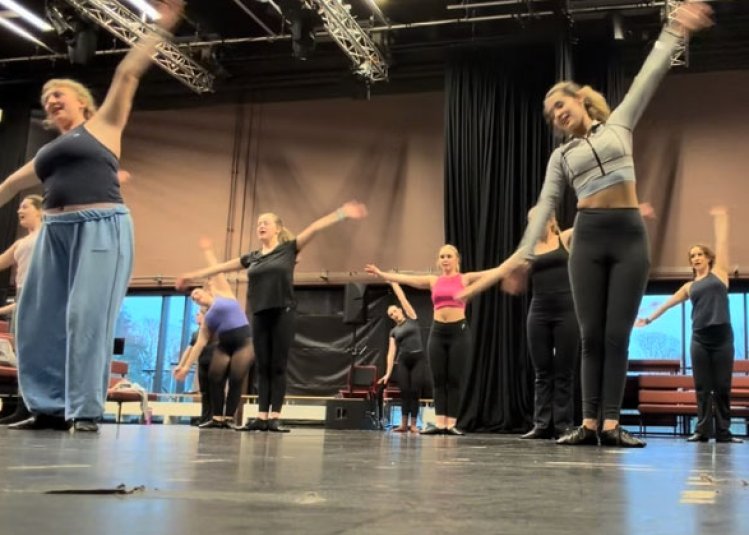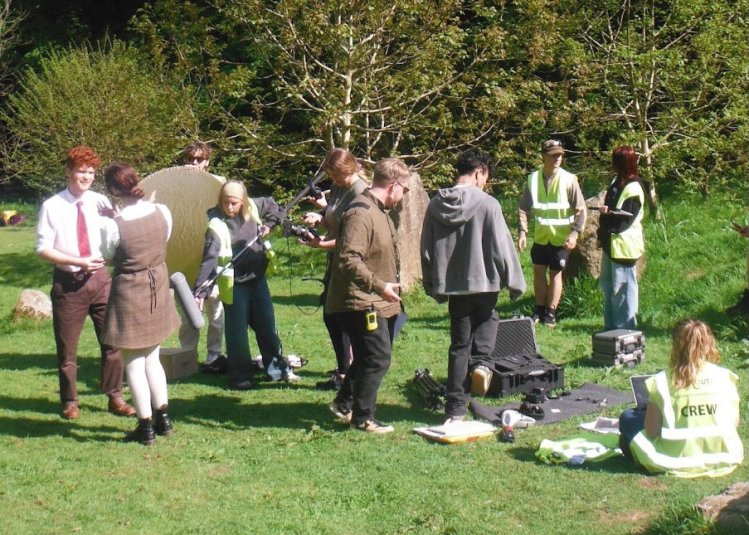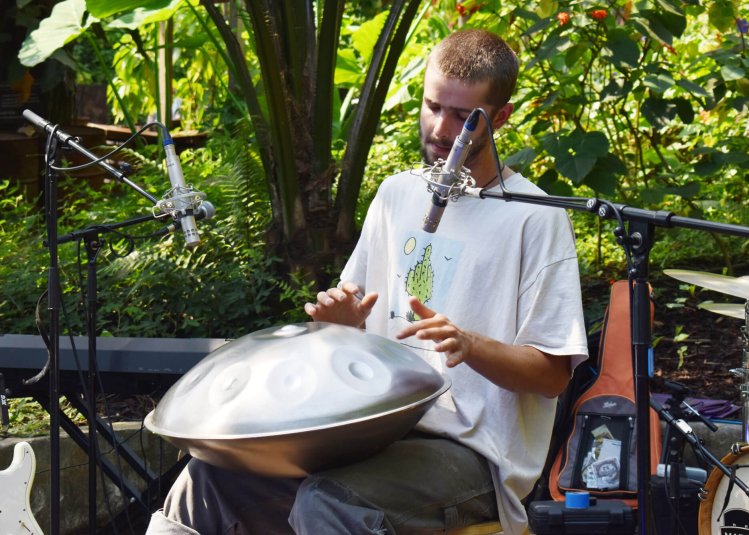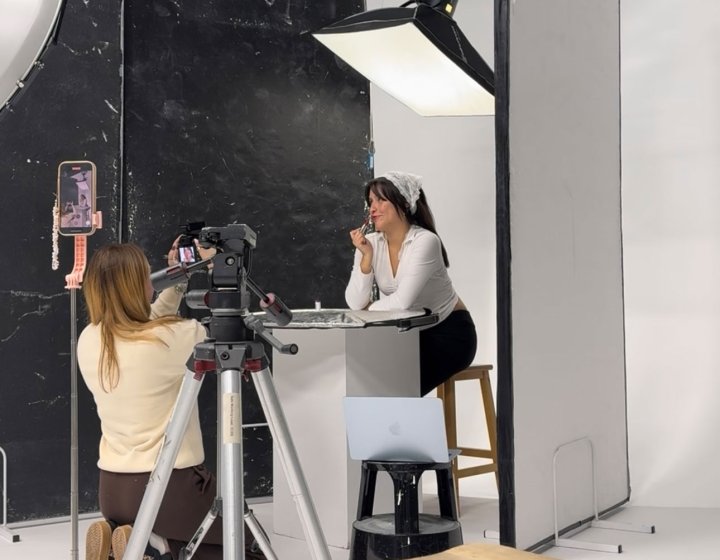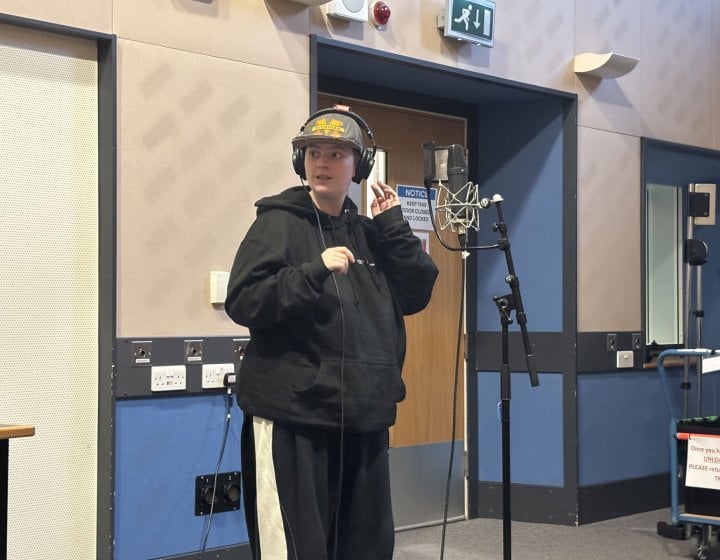Studying Marine & Natural History Photography
28 May 2025
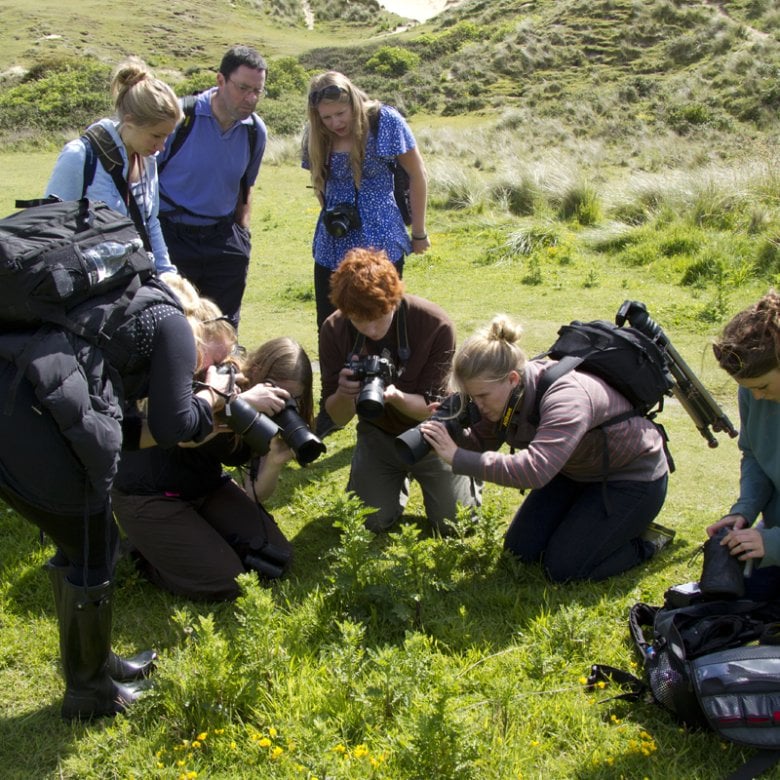
This article was written by Marine & Natural History Photography BA(Hons) student Rei.
Coming to Falmouth University to study Marine and Natural History Photography was the best decision I’ve ever made. As a student from New York, choosing the right course and location was incredibly important to me. I have always had a love for wildlife conservation and photography, so when I learned that there was a university degree that combined these two together, I was immediately drawn to it.
Marine and Natural History Photography is a course for those who love the natural world and want to tell incredible visual stories about it. Whether it be through photography or filmmaking, you get the chance to explore many different aspects of the wider industry. For those who are drawn to the underwater world, you also have the option to take part in the incredible underwater photography modules, that not only allow you to explore the Cornish coast but capture it using high-end underwater photography kit.
For me, the opportunity to take part in the underwater photography modules was what made me confident that this was the right choice for me. Marine and Natural History Photography at Falmouth University is one of the only courses in the world that teach diving photography at a university level. Led by an incredible award-winning underwater photographer, you get the opportunity to experiment with different underwater photographic practices in a safe and supportive environment in one of the most beautiful parts of the UK.
For those who are not necessarily interested in the underwater world, you instead get the chance to explore land photography, but on another level. Throughout the terms, you get the opportunity to make books, explore different stories of the land, and discover the natural world in different genres and techniques. You will learn how to enhance your storytelling and get the chance to become experts in your personal interests in natural history.
Beyond the contents of the course, I was also incredibly drawn to the location. Falmouth is in one of the most southern points in the UK and is surrounded by nature and the beautiful coasts. There is a diverse array of wildlife here and that makes this location even more special. Since moving to Falmouth, I have had the most incredible wildlife encounters including dolphins, seals, jellyfish, nudibranchs and even whales.
But all of these wildlife encounters would not have happened without the welcoming community here in Falmouth. There are many opportunities for you to take part in your passions outside of university, and I think that that’s what makes Falmouth so special. You not only receive support from the members of staff at university, but you may also get the opportunity to gain experience in the industry on a professional level depending on what your interests are!
Especially through a course like Marine and Natural History Photography, you build lasting relationships with not only your lecturers, who have worked in the industry, but also with alumni who are now working in the roles many of us dream about. I often find myself reaching out to different alumni, whether it be a question about my current projects or future plans, and they have always been nothing but kind and helpful to me.
Now, as I wrap up my second year of university and prepare for my third and final year, I feel that I have started solidifying my future career goals and I can receive the support needed to graduate this course with confidence. Although I had very little doubt that this was the right path for me when applying to this course, having finished over half of my degree I can say with confidence now that it was indeed the right choice.
The somewhat remote location of Falmouth may be intimidating to some (I know I was a bit nervous at first coming here from New York!), but I have found that it actually enhanced my experience as a Marine and Natural History Photography student. The environment, the expertise, and the sense of community all make this the ideal course for anyone passionate about telling the stories of the natural world.
